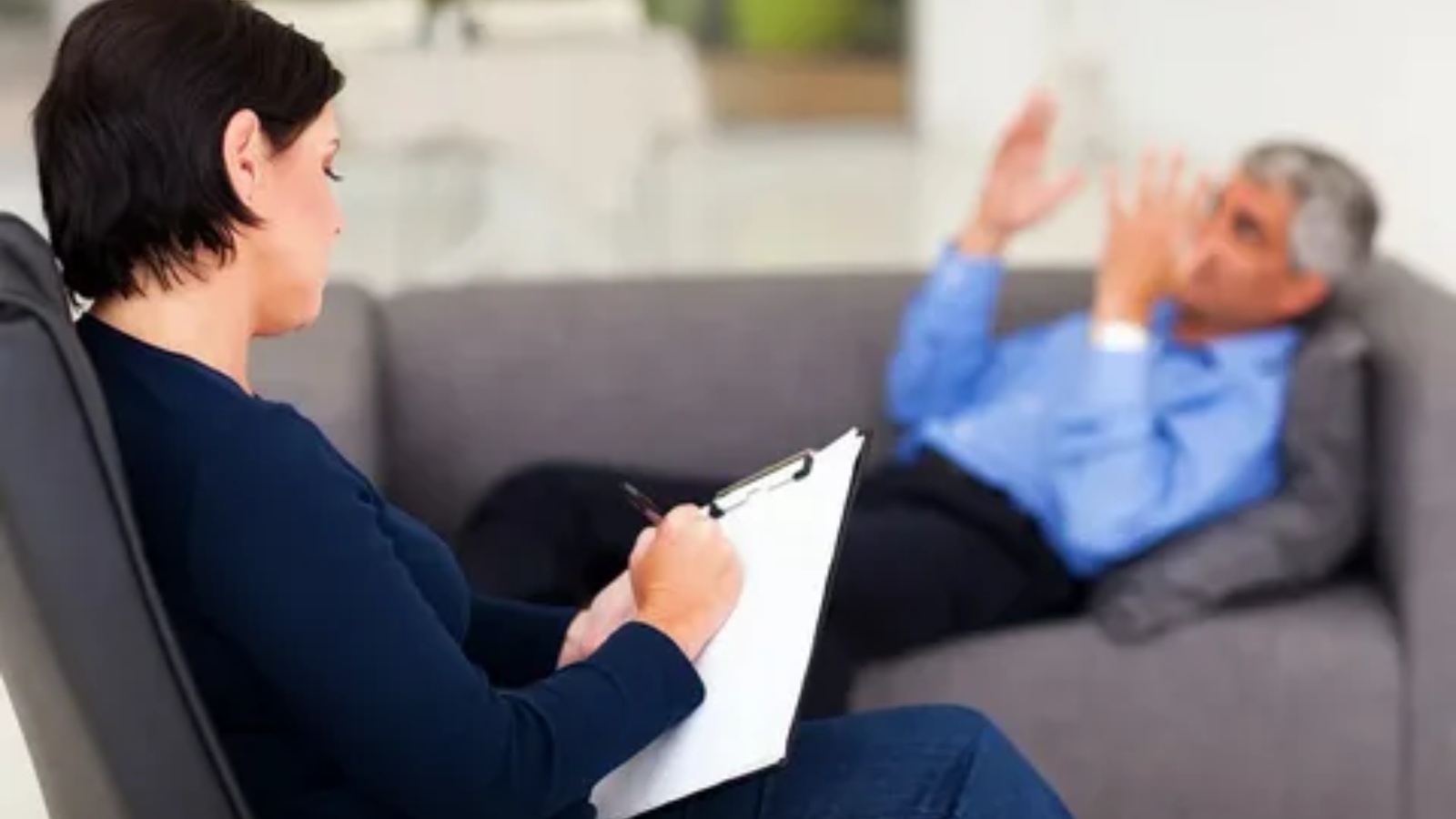According to statistics:
- 75–90% of visits to a doctor in the United States are related to stress.
- 49% of young people between the ages of 18 and 24 suffer from high stress levels.
- 60% of adults resort to bad habits to escape stressful life events.
The COVID-19 pandemic has made things worse. According to recent research published by the American Psychological Association (APA), the COVID-19 pandemic has significantly increased stress levels. The study, which was based on a survey of 3,013 adults in the United States, found higher rates of reporting an increase in stress levels for the first time since the APA began conducting stress-related research in 2007. According to the study:
- While the stress level average reported in 2019 was 4.9/10, it rose to 5.9/10 due to the COVID-19 pandemic.
- Stress levels are higher, especially for parents with children; the average stress level for parents with children under 18 is 6.7/10.
- 46% of parents reported having a high stress level (between 8-10/10).
So, when we look at what's happening and the available data on our increasingly tense situation, it becomes clear that we need to develop our flexibility now more than ever.
Five tips to improve your flexibility
1. Exercise
Studies have shown that regular exercise not only helps to control our stress levels but can also help to enhance flexibility. According to a study published in Frontiers in Psychology, regular exercise helps develop emotional adaptation to manage stress in adults.
Another study published in the Journal of Neuroscience found that regular exercise reorganizes the brain in a way that helps it develop more adaptation to stressors.
When under stress, there is a rise in the activity of neurons in the brain that stops the excitement in the abdominal hippocampus and regulates anxiety. Of course, the current reality shows that it may be a little challenging to exercise regularly, although there are exercises you can do to keep your mind and body active in your home; you only have to be creative.
2. Practice meditation
The strength lies in being still and aware of yourself, your environment, and your soul, even for only a few moments, without worrying about anything else. We rarely do this, but research has shown that meditation can be a powerful exercise to develop adaptation.
According to science, one of the most effective ways to build adaptation is to practice meditation. In a study, researchers monitored the participants' brain activity through MRI and found that the effect of meditation practice on developing adaptation is immediate and lasting.
If you have not started practicing meditation yet, it may be good to work on developing the habit, albeit for only five minutes a day. It will make a big difference.

3. Take care of yourself
The little things you ignore, such as the food you eat, adequate sleep, and activities you do to eliminate stress, affect your flexibility. Most studies have linked getting plenty of rest to being more flexible, and most studies have linked eating well to flexibility.
The same applies to taking time off from time to time to get rid of stress after a stressful day, week, month, or year. So pay attention to yourself a lot; take care of your body, eat healthy and nutritious food, and be sure to get enough and regular sleep to enhance your flexibility.
4. Accompany the right people
“You are the product of the five people you spend most of your time with,” says the writer, Jim Rohn. Some people consider Rhon to be just a motivational speaker. Science has shown that he is right. Your social circle of friends, family, and people you spend time with plays a major role in influencing your ability to withstand difficulties.
A recent study published in the International Journal of Environmental Research and Public Health found that an individual's social environment is a core factor in determining their ability to develop flexibility; therefore, if your circle of acquaintances is filled with negative people, your stress levels will be higher and your flexibility will decrease.
5. Practice Positive Thinking
Practicing positive thinking is simple, but it is very effective. You can do it to enhance your ability to be flexible. The state of the world is now very confusing. There is a pandemic, fears of more epidemics, murders, and hatred, and you may think that there is nothing positive in all of these things. However, it is essential to realize that you will only be able to think about what you are watching.
If you spend the day watching news sites, following the news on social media, and consuming passive news content, it becomes challenging to see the positivity around you, and your stress levels will increase. According to a study published in the Journal of Personality and Social Psychology, one of the main things flexible individuals use to avoid challenges is to focus on positive emotions.
In conclusion
There are many problems in the world, but take a minute and ask yourself: What are the positive things in your life? No matter how simple it is, train yourself to think about it.






Add comment